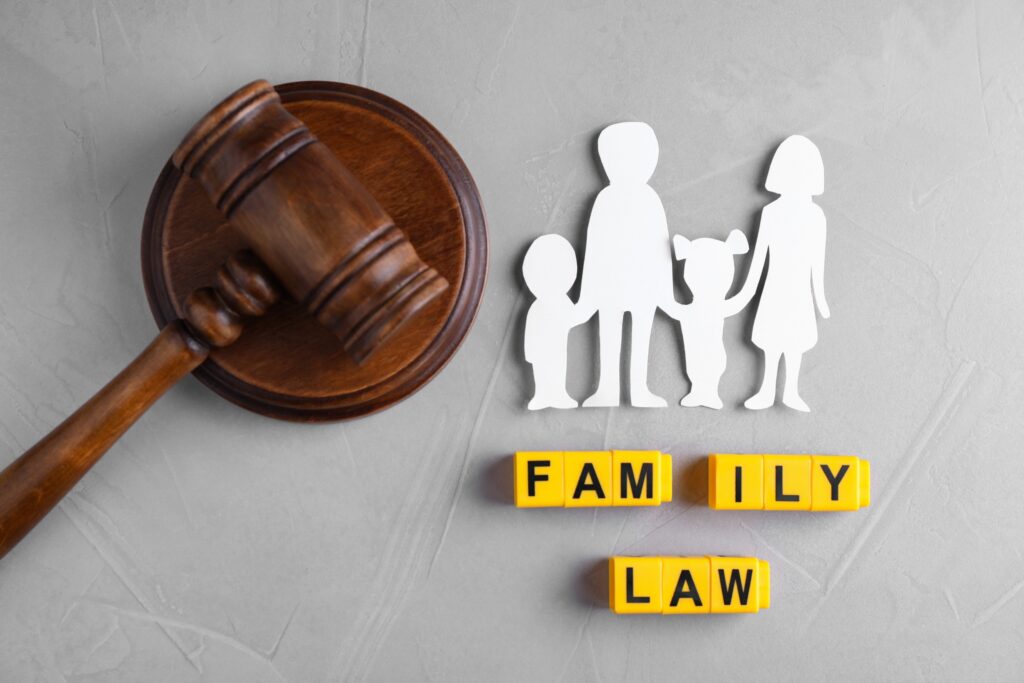In Oklahoma permanent guardianships of children are not always permanent. In the world of child welfare and family law, guardianship plays a major role, especially in cases where a child’s biological parents are unable to provide proper care. The state of Oklahoma has a legal process for what is known as permanent guardianship. This type of guardianship, while intended for long-term stability, is not impervious to change and can in fact be terminated. Below, you’ll find more information on permanent guardianships, including when and how it they can be modified or terminated.
Permanent Guardianships In Oklahoma
Permanent guardianship, under Oklahoma Statutes Section 10A-1-4-709, forms a legally binding relationship between a child and a guardian. The guardian can be a relative or another responsible adult. This legal route is typically pursued when a child is in an emergency situation and is deemed deprived and the biological parent is either unwilling or unfit and incapable of fulfilling their parental responsibilities. The decision to establish such a guardianship is based on several factors. Those include the parent’s consent or their incapacity, the child’s opinion if they are mature enough to express it, and the commitment of the prospective guardian to provide a nurturing environment for the child until they reach adulthood.
In this legal arrangement, the guardian assumes many responsibilities and rights similar to those of a parent. They are tasked with making important decisions regarding the child’s welfare, education, and upbringing. However, this does not equate to the complete termination of the biological parents’ rights.
Modifications Of Guardianship
Despite the designation as permanent guardianships, in Oklahoma guardianships not entirely unchangeable. The law acknowledges that life circumstances can evolve, necessitating a reevaluation of the guardianship arrangement. A substantial change in the material circumstances surrounding the child or the guardian can trigger a review and potential termination of the guardianship. This could be due to an improvement in the biological parent’s situation, suggesting they might now be capable of providing adequate care, or a decline in the guardian’s ability to maintain a suitable environment for the child.
The procedure to alter or dissolve a permanent guardianship involves a formal legal hearing. There will need to be clear and convincing evidence to support any change. The child’s best interests are always at the forefront of such deliberations. A guardian ad litem, representing the child, plays an important role in these proceedings, ensuring that the child’s voice and welfare are central to any decision made.
Hearing To Terminate or Modify a Guardianship
In evaluating a potential modification or termination of guardianship, the court meticulously reviews several aspects. The most important considerations involve standards set by the court for the parent whose child has been placed in a guardianship. The standards focus on the parent being able to achieve certain goals related to parenting. They may include the biological parent’s current ability to provide a safe and nurturing environment is a significant factor. If they have made considerable strides in bettering their situation and can now offer a stable home, the court might consider revising the guardianship arrangement.
What If The Current Guardian Becomes Unfit
Sometimes the guardian has become unfit or unable to continue in their role. This may be due to health issues or other personal circumstances that have changed since the guardianship was granted. When this happens the court may opt to terminate the guardianship. In this situation the courts look to someone to step up as a successor guardian. This person must file a formal petition to become the new guardian. They must meet the same standards that all other guardians need to meet to be granted a guardianship. Above all, the child’s emotional, physical, and educational welfare is the biggest concern in these proceedings. Should the court decide to terminate the guardianship, a new plan for the child’s permanence is often required.
Guardianship Lawyers Fighting For You
While permanent guardianships in Oklahoma are designed as a stable and enduring solution for the care of children, it retains an element of flexibility to adapt to changing circumstances and is not really considered a permanent solution. In fact to be permanent the guardian must seek permanence by way of an adoption. For this reason and more navigating guardianship issues often requires help from a family law attorney. The Tulsa guardianship attorneys at Kania Law Office handle guardianship matters, including modifications and terminations and adoptions. For assistance contact Kania Law Office at (918) 743-2233 or online for guidance.
Tulsa's Local Adoption Lawyers
 Are you looking for Tulsa attorneys who will fight aggressively for you? Our team of adoption attorneys have the experience needed in Oklahoma law to secure the outcome you deserve.
Are you looking for Tulsa attorneys who will fight aggressively for you? Our team of adoption attorneys have the experience needed in Oklahoma law to secure the outcome you deserve.
Call us today for a free consultation 918-743-2233 or contact us online.


